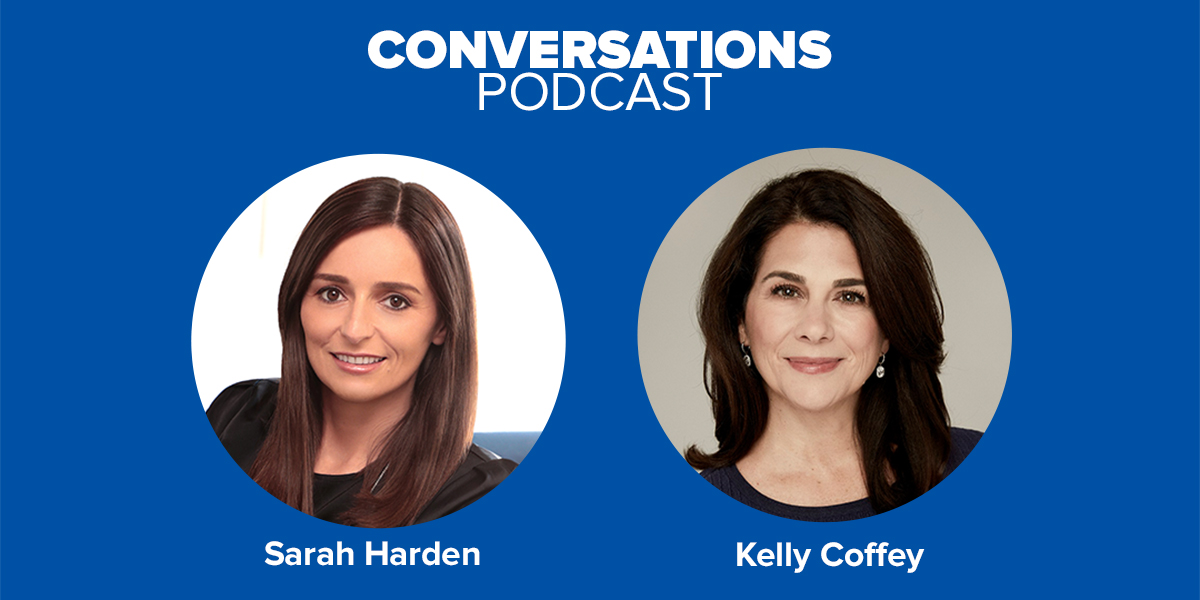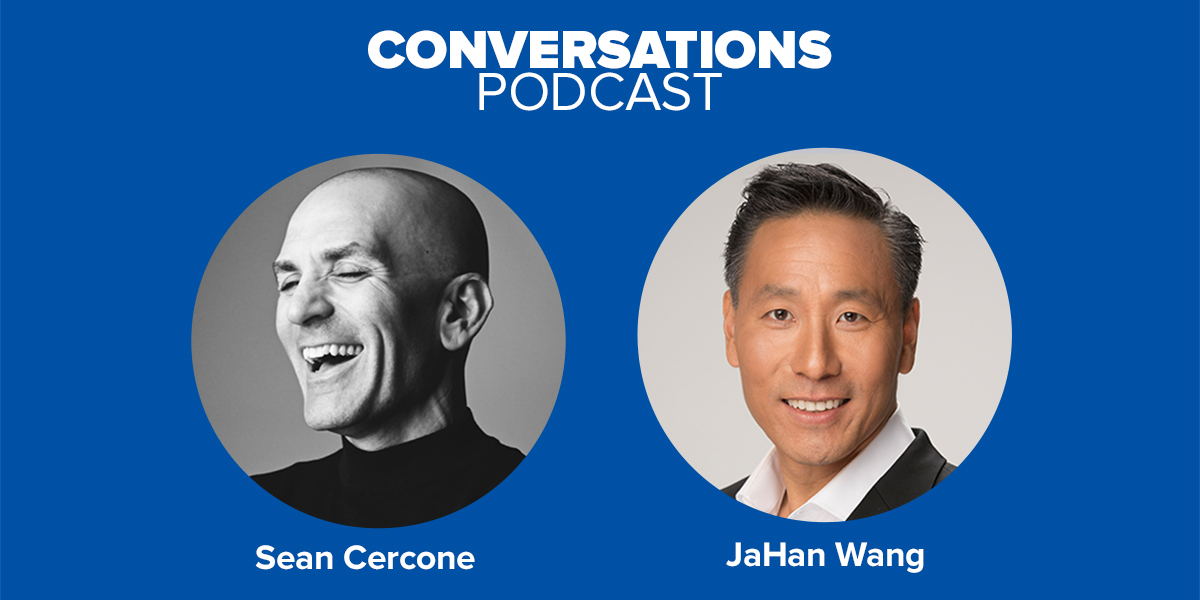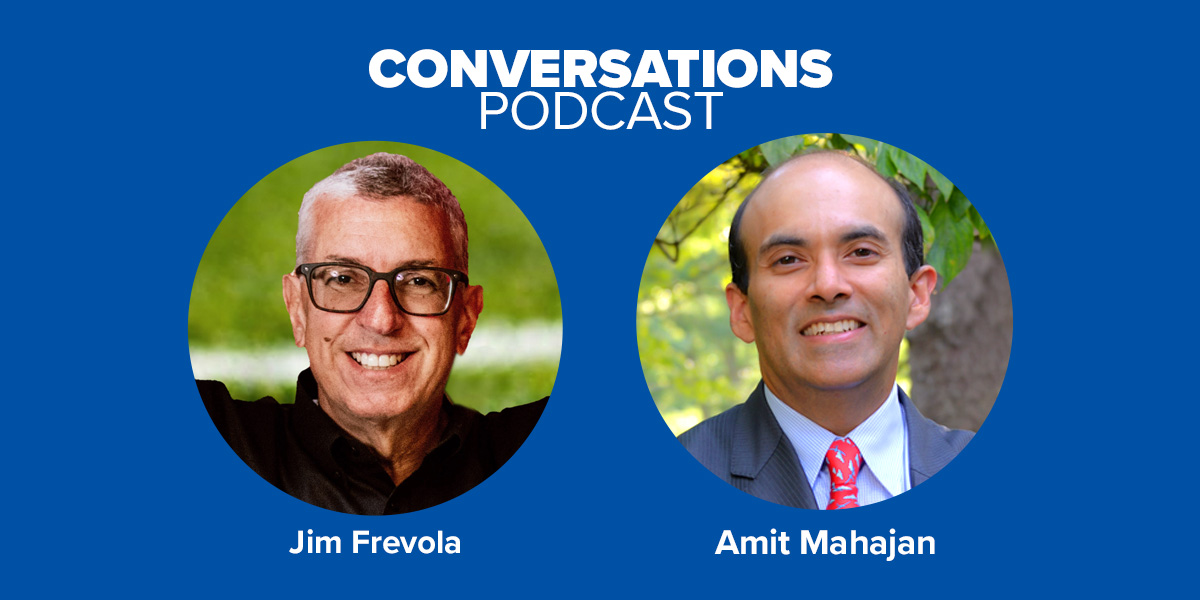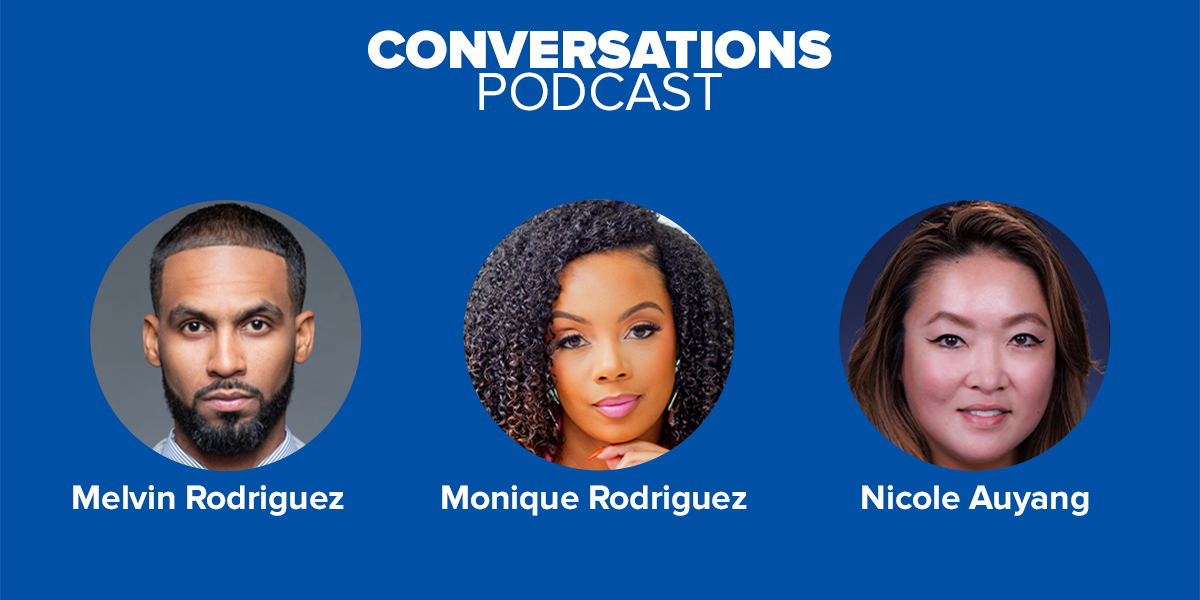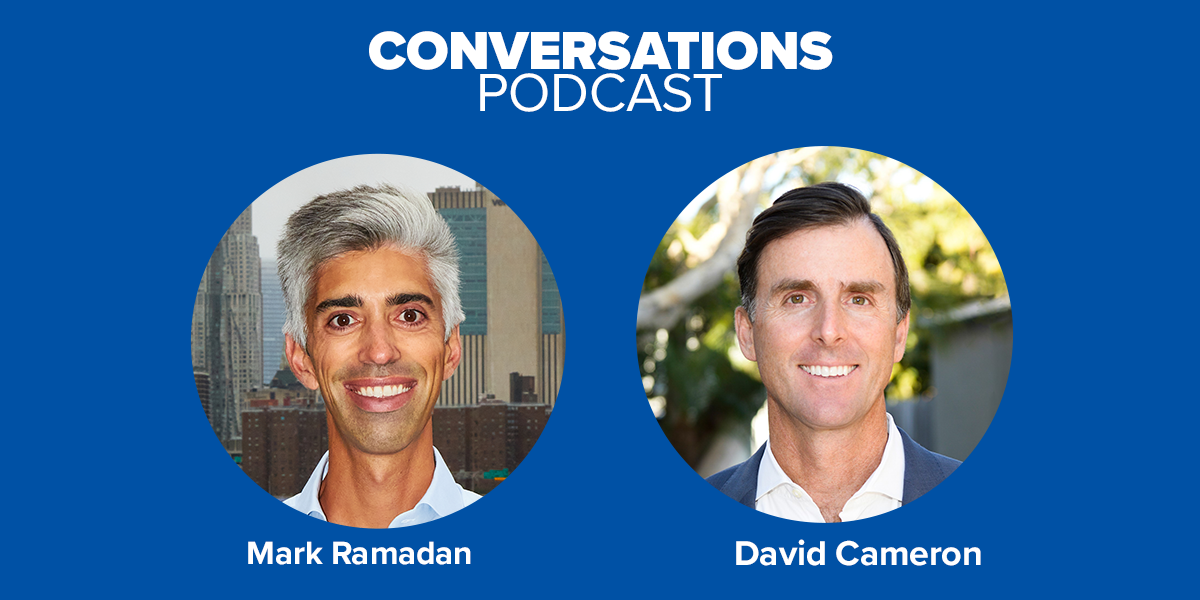-
Business Banking -
Conversations
Tom Vozzo: From Corporate CEO to Nonprofit Leader
Listen and learn how to succeed with City National Bank and special guests on the Conversations podcast. Stay connected by subscribing on Apple, Spotify and YouTube Music.
After 26 years in corporate leadership roles, including as CEO of Aramark Uniform and Career Apparel Group, Tom Vozzo was looking for a “second act.” That's when he found Homeboy Industries, a successful nonprofit supporting gang intervention, rehabilitation and reentry for former felons.
Instead of joining the organization's board, Vozzo volunteered to work directly with the former inmates and gang members. A few months later, he became the organization’s first CEO – as an unpaid volunteer.
Vozzo was attracted by the 35-year-old nonprofit’s mission and culture, which focuses on compassion, community, kinship, empathy and social justice. He jumped at the opportunity to work closely with its founder, Father Greg Boyle.
Vozzo recently joined City National Bank’s CEO Kelly Coffey for a conversation about his corporate and nonprofit experience and the lessons he imparts in his 2022 book, The Homeboy Way: A Radical Approach to Business and Life.
Lessons from the Corporate World
While Vozzo’s master’s degree is in math, he found himself interested in corporate culture. He worked for a family-owned digital marketing firm that grew from $50 million to $300 million in revenue before it was sold to Aramark, where he served as an executive vice president.
“Aramark is a service company, so I knew that how well you did with one customer was important to getting the next business,” Vozzo said. “The hallmark of a great company is the ability to balance the needs of your customers, your employees and your shareholders.”
A pivotal moment for Vozzo came at the end of 2008, when economic conditions and the demands of shareholders meant layoffs.
“It was a gut check to think about how this would disrupt people’s lives,” Vozzo said. “I started to think about whether it was possible to build a business where employees aren’t always second.”
Vozzo believes that well-run companies are good for society. He joined Homeboy to use his business skills to help people.
Homeboy’s 18-month program first pays people to work on themselves, with mental health, domestic violence, anger management, addiction and GED programs, Vozzo said. Next, the trainees in the program work at the Homeboy bakery or café, or other in-house businesses the nonprofit operates, while they continue to get support services. After the 18-month program, Homeboy helps them find an external job. Some are hired as Homeboy mentors, and two-thirds of Homeboy’s management team are former trainees.
Nonprofit Revelations
Vozzo's experience in the for-profit world quickly benefited Homeboy. He successfully led the nonprofit from a financial crunch and a budget of $11 million to a $35 million budget.
One of the first things Vozzo realized when he volunteered at Homeboy is that, while the trainees clearly wanted to work and had good teamwork skills, he would never have hired them in his corporate career because of their felony convictions, face tattoos and gang history.
He sees his work at Homeboy as a chance to change this perspective.
“American poverty levels of 12% to13% of the population haven’t changed in the last 45 years,” Vozzo said. “Homeboy helps people who live in poverty and have no support structure get jobs. And they do as good a job as anyone in the workforce. I would like to see corporate America commit to making 15% of their next hires from the working poor. That’s how you build upward skills.”
Key Lessons from The Homeboy Way
Every morning, Father Greg, Vozzo and the leadership team meet to talk about who is having a problem and how the organization can help. Vozzo was inspired to write his first book because he could see that corporations could learn business lessons from the nonprofit work of Homeboy and other organizations.
A key message for everyone, Vozzo said, is to get over their own insecurity and learn to understand others without judging them.
“You can’t demonize people when you’re in a relationship with them, so we have rival former gang members work together to roll the dough in our bakery," Vozzo said.
While getting to know the thousands of people Homeboy helps, he’s learned that the choices people must make can be impossible for others to imagine. Good managers try to understand the personal lives of their employees, he said.
Hundreds of nonprofits around the globe are modeled on Homeboy, but Vozzo said that his organization will remain focused on Los Angeles County. Homeboy has raised $6 million for its next major project, a $20 million, 148-bed transitional housing facility to house some of Homeboy’s trainees. Homeboy has also raised $12 million for a $15 million venture capital fund to support sustainable businesses where Homeboy trainees can work.
You can catch the rest of the conversation between Tom Vozzo and Kelly Coffey by listening to the full podcast above.
This article is for general information and education only. It is provided as a courtesy to the clients and friends of City National Bank (City National). City National does not warrant that it is accurate or complete. Opinions expressed and estimates or projections given are those of the authors or persons quoted as of the date of the article with no obligation to update or notify of inaccuracy or change. This article may not be reproduced, distributed or further published by any person without the written consent of City National. Please cite source when quoting.
This podcast is for general information and education only and is provided as a courtesy to the clients and friends of City National Bank. It is compiled from data and sources believed to be reliable, however City National Bank does not warrant that it is accurate or complete. Opinions expressed and estimates given are those of the speaker as of the date of the podcast with no obligation to update or notify of inaccuracy or change.
